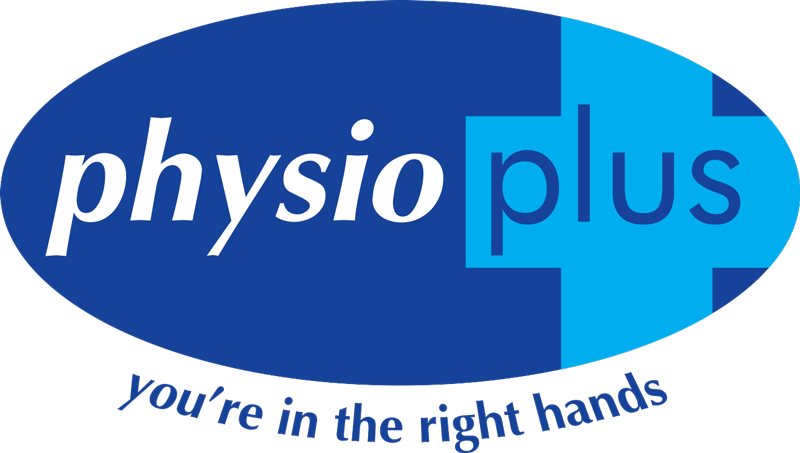Locally Owned and Operated
Paediatric Occupational Therapy
Paediatric Occupational Therapy (OT) is a service aimed to maximise a child’s functional performance when completing everyday activities such as self-help, play and learning skills. Through the use of purposeful activities OT intervention promotes each individual’s ability to participate in what they want, need and wish to do in their daily lives. Occupational therapists help children to learn and master many of the skills required at school, in the classroom and playground, and at home.
Services provided include:
Physio Plus Occupational Therapy services provide assessment and therapy targeting the following performance areas of child development:
Handwriting assessments and training
Handwriting is a complex activity which involves many of the body’s senses and skills. Children with handwriting difficulties may demonstrate poor pencil grasp, incorrectly formed letters, reversals of letters and numbers, poor spatial organisation on their page, messy or illegible writing and slow writing speed.
Fine motor skill development
Fine motor skills involve the small muscles of the hands that enable functions like writing, cutting, manipulating small objects and performing personal care tasks. Children who have fine motor difficulties often have not developed a dominate hand, find it hard to hold their pencil correctly, tie shoelaces or use cutlery, use scissors, have immature drawing and colouring skills, have difficulty manipulating small objects and have poor strength and control in their hands.
Visual perception skill development
Visual perception involves the brain interpreting, or processing what it sees with the eyes. Children who have difficulties with processing visual information often have handwriting difficulties, have difficulty recognising letters and numbers, remembering sight words, copying from the board or the page in front of them, completing puzzles, and may have poor hand-eye coordination.
Motor Planning and Coordination
Motor planning is the process of deciding what your body has to do and then doing it. Children with motor planning issues often find it hard to co-coordinate both sides of their body, cross their midline, are often clumsy and have poor balance, have difficulty climbing on equipment, tire easily with physical activity or have poor ball skills.
Self care skill development
Developing self care skills is important for a child to become independent in tasks such as dressing, tying shoelaces, using cutlery, getting ready for school and toilet training.
Play and Developmental milestones development
It is important for young children to reach their individual maximum potential by providing education, assistance and strategies to help them reach as many development milestones as possible.
Sensory Processing
Sensory processing is a term that refers to the way the nervous system receives sensory messages and turns them into responses. We receive and perceive sensory input through sights, sounds, touch, tastes, smell and movement. Children with sensory processing issues may demonstrate difficulties processing information through any of the sensory systems which can affect their daily living skills, social relationships, behavioural responses, self-esteem and learning.
Other services provided include:
- Preschool and school screenings to assist in the planning and inclusion for children at school with additional needs.
- Small groups working with children with similar target needs at school, preschool or at office.
- Working with children and their families who have disabilities and complex needs to achieve personalised goals to help around activities, participation and independence and child and carer comfort.
- Equipment prescription and training of specialised assistive aids to help a child complete their activities of daily living ranging from pencil grips and slope boards, to toileting aids, seating and wheelchairs. Accurate assessment and prescription of this equipment will be provided, along with completion of funding applications and training in use of equipment.
Bookings and assessment
To make an appointment for your child please contact our reception team on 6621 8606. An initial assessment will take approximately one hour and a combination of standardised assessment tools and clinical observations will be conducted. Upon request, a comprehensive report will be provided following the assessment.
If following the assessment therapy intervention is recommended for your child, individual sessions will be offered. These sessions will be structured around 2-3 short terms goals which are identified as important to you and your child. Working towards these goals will involve attending therapy sessions with the OT and working on a home program between sessions. The number of sessions offered in a block of therapy will depend on your child’s individual needs and goals.
At Physio Plus You’re in the Right Hands
